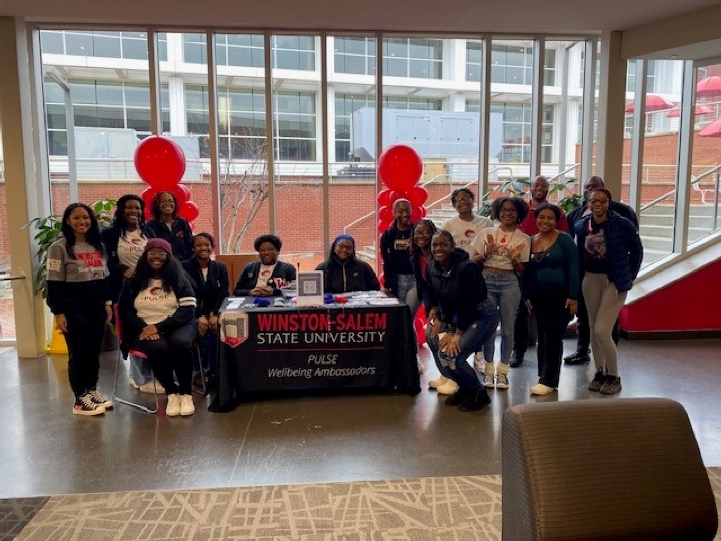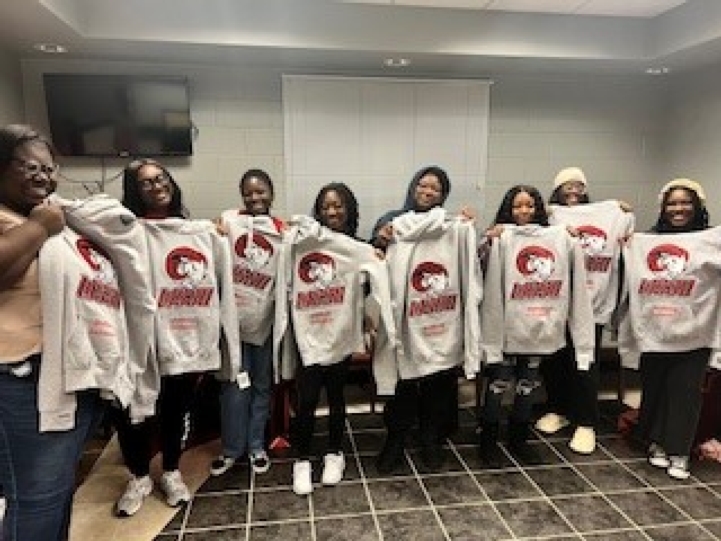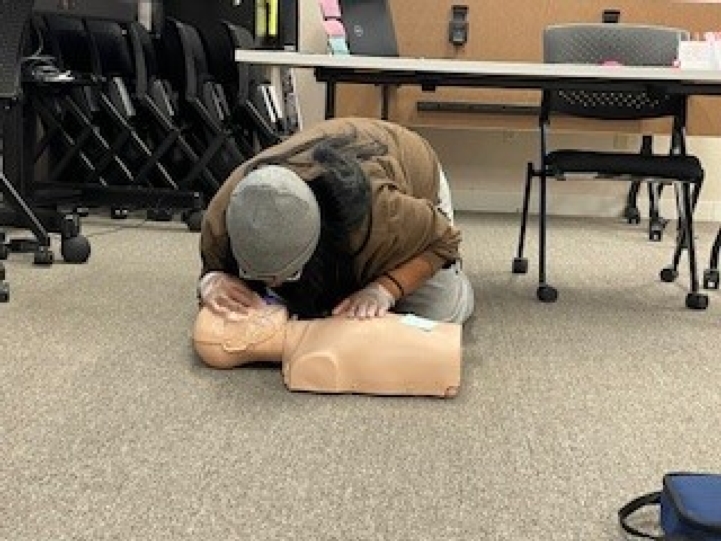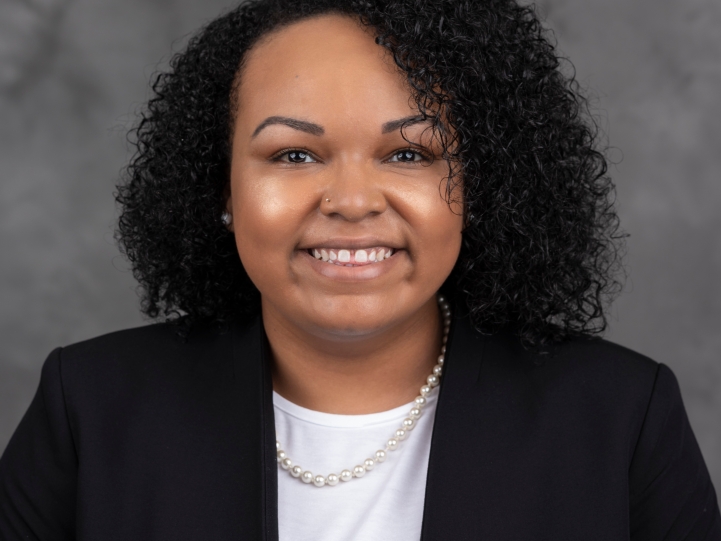
Reviving Our PULSE: Developing Peer Health Educators on an HBCU Campus
Health, Safety, and Well-being Alcohol and Other Drug Health, Safety, and Well-being Initiatives Student Leadership Programs Wellness and Health Promotion
September 2, 2024
Our campuses are often well-equipped with resources, but sometimes our students aren’t aware of everything we have to offer. At Winston-Salem State University, we recognized the importance of having peer health educators, knowing they would be the connecting piece to link students with the resources they need.
Peers United for Education, Leadership and Success (PULSE), also known as Campus Well-being Ambassadors, have a mission to promote healthy lifestyle practices, skills and knowledge that can be used during time at Winston-Salem State University and beyond. As a peer education group, we seek to:
- Create and foster a thriving young adult led peer education groups supporting health safety initiatives.
- Empower students to voice their options and needs to create healthier and safer campus communities.
- Develop and promote resources and health promotion campaigns that support peer education, campus leadership and activism on health and safety issues.
- Encourage local forums on young adult health and safety concerns.
By recruiting and training a diverse group of peer health educators, we aimed to create a strong network of well-being ambassadors who could connect their fellow students to essential resources and foster a culture of well-being on campus. Below, we outline our approach to recruitment, the responsibilities PULSE members, and the impressive impact they’ve had on student engagement.

Recruitment
Peers tend to be more receptive to information when it comes from a source they deem safe, knowledgeable, and relatable. With that in mind, we recruited ten students, ranging from freshmen to seniors, with different majors and interests. The commonality among all ten well-being ambassadors was their desire to be a resource to their peers and to help create a culture of well-being on our campus. We partnered with various departments to advertise the well-being ambassador opportunity and engaged with students at events like housing and residence life activities, freshmen orientations, tabling events, and university-wide student engagement activities. Additionally, we applied for an internal grant to revamp our peer health education organization. This grant supported student health programming, training for peer health educators and stipends for each well-being ambassador.
Responsibilities and Expectations
Each peer health educator was informed of their responsibilities before committing to the organization. They were required to become a NASPA Certified Peer Educator, attend monthly meetings, assist in planning and executing student health events. They also participated in orientation sessions with the Dean of Students Office, Title IX Office, Career Development Services, Student Health Center, Counseling Center, and University Pharmacy to better understand the multitude of resources available to their peers.
Impact and Results
During the 2022-2023 academic year, 857 students were engaged through student health programming. Our goal was to increase student engagement by 20% for the 2023-2024 academic year, and we knew that having peer health educators would help us achieve that. By the end of the 2023-2024 academic year, student engagement increased by 98.6%, amounting to 1,702 students.
This remarkable growth directly reflected the impact of our well-being ambassadors: hosting and planning events, connecting peers to campus resources, and providing valuable insights on effectively marketing events. We empowered our PULSE peer educators to own selecting incentive items, educational topics for programs, collaborative partners and even details like the choice of on-campus DJ.
At Winston-Salem State University, we’ve found that our peer health educators wield significant influence that greatly benefits and enhances the well-being culture on campus. With them on your team, you too can effectively create a culture of well-being that your institution can be proud of.
 |
 |
Resources
- NASPA’s Certified Peer Educators Program
- Toward understanding the functions of peer influence: A summary and synthesis of recent empirical research
About the Author

Dakiah A. Rowe serves as the campus health educator at Winston-Salem State University. She desires to empower students to make positive changes to their health through health education programming. Dakiah ensures that engagement and partnership is ongoing in hopes of promoting well-being to the campus community. She advises PULSE, also known as the campus well-being ambassadors, who are the WSSU NASPA certified peer health educators. Dakiah can be reached at [email protected].